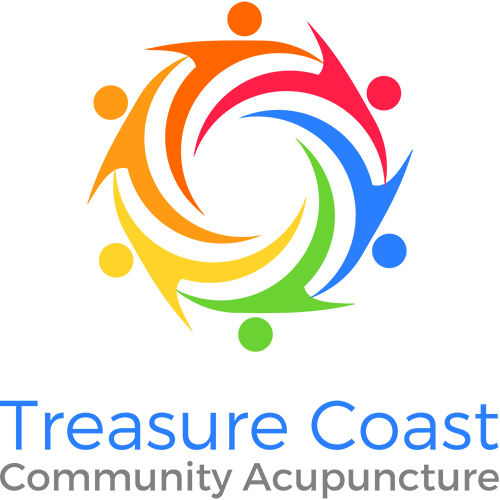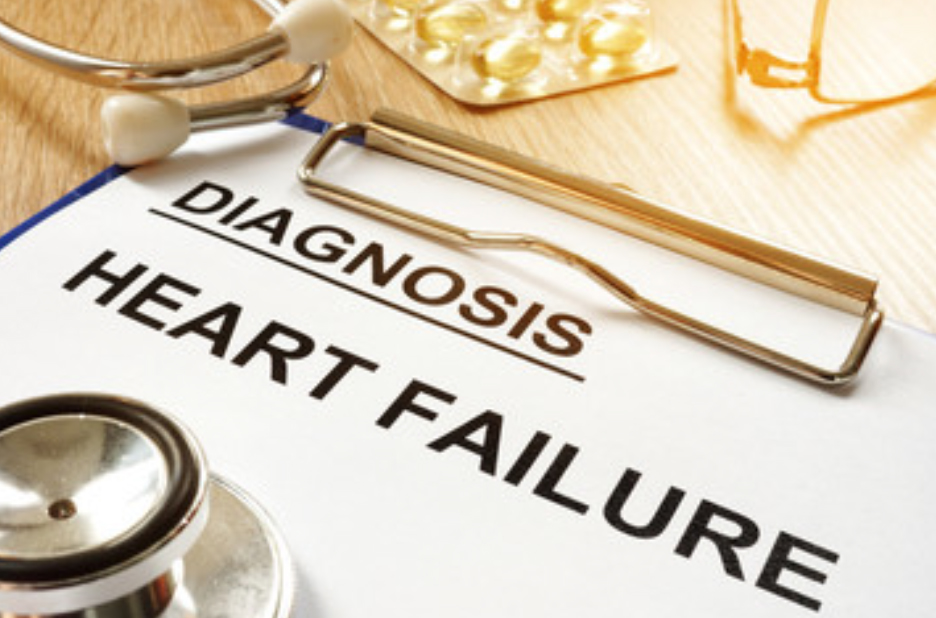Chinese medicine is a distinct system of pathology, diagnosis and treatment. As many know Chinese medicine has been practiced in some form for over 2000 years. What many do not realize is that within this 2000 years is a rich history of clinical observation on how to treat chronic disease states. Modern conventional medicine has over the last 150 years perfected the life-saving treatment of acute medical conditions, but the treatment of chronic conditions is considered a complex and ongoing body of work. In CHF or congestive heart failure the causes that lead to it are varied from ischemic heart disease to endocrine disorders. Most commonly heart muscle weakness with systolic dysfunction is looked at as the main cause of CHF and Chinese medicine has a long clinical history of treating this condition. Acupuncture and Chinese herbal medicine are used as adjunctive therapy along with conventional protocols or when the need arises, as stand alone therapy.
Acupuncture has proven itself as the fastest growing integrative medical therapy in hospitals today. While it has proven to be of benefit explanation of its mode of action has proven difficult. Recent work using real-time MRI along with acupuncture has revealed that acupuncture has a profound effect on neurotransmitter balance in the body. This is how an acupuncture needle in the little toe can be useful for a condition in the head.
Acupuncture has an excellent safety record as a therapeutic modality and the state licenses board certified acupuncturists who have been trained in the skill levels necessary to treat CHF.
The frequency of acupuncture for CHF depends upon the individual response of the patient. Factors which affect patient response include severity of CHF ,and lifestyle choices. When patients need frequent treatment as a practitioner I will often discount the cost of treatment so that the patient can afford the treatment they need.
In regards to treating CHF, acupuncture can improve:
- •Feelings of oppression and pain in the chest area
- •Breathlessness
- •Fatigue
- •Edema
- •Sleep problems
- •Abdominal pain
Chinese herbal medicine when used as an adjunct to conventional therapy must be under the supervision of an acupuncturist who can cross-reference suggested therapies against pharmaceutical therapies already prescribed to look for possible contraindications or side-effects. Often acupuncture alone is sufficient to improve the patients health. Even a small improvement in health can be of great value to the CHF patient.




